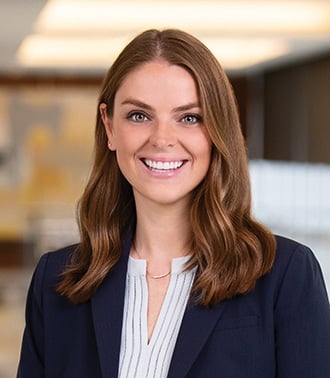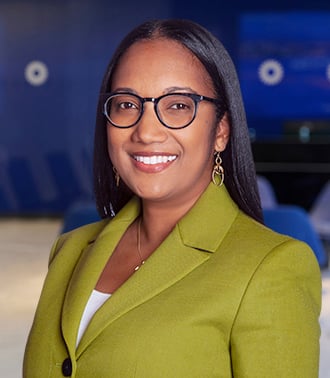FCA Panel at ABA White Collar Conference Share Views on Schutte, Polansky, and New DOJ Pilot Program for Whistleblowers
The ABA White Collar Crime Conference took place this week in San Francisco and finished Day 1 strong with a panel of experienced practitioners and government officials discussing recent advancements in the False Claims Act (FCA) and whistleblower practice. Panelists included Arnold & Porter’s own Giselle Joffre, Michael Granston (Deputy Assistant Attorney General, Commercial Litigation Branch, DOJ), Margaret J. Finerty (Getnick Law LLP), Ronald C. Machen (WilmerHale LLP), and Andrea Griswold (Deputy United States Attorney, SDNY). The panel analyzed several significant developments in the FCA landscape from 2023, including Supreme Court decisions United States ex rel. Schutte v. SuperValu (Schutte) and United States ex rel. Polansky v. Executive Health Resources (Polansky). The panel also discussed the Southern District of New York’s (SDNY) recently launched Whistleblower Pilot Program, which is only used in criminal cases, but is relevant given the parallels with the FCA’s qui tam provisions.
The panel began with a robust discussion of Schutte, Polansky, and the cases’ implications on FCA practice. With respect to Schutte, Granston took the position that, while this decision could have significantly changed the FCA landscape, the Supreme Court essentially re-affirmed DOJ’s historical understanding of the FCA with respect to the objective reasonableness defense. In other words, a successful FCA prosecution cannot ignore a defendant’s own knowledge, and it is not sufficient to allege that the underlying conduct was objectively reasonable. From a defense perspective, Joffre highlighted the practical point that determining the subjective intent of a large corporation operating in the face of ambiguity is not a simple matter. Both she and Machen encouraged corporations to involve counsel early when new guidance is issued to get the benefit of legal expertise and to conduct debates under the umbrella of privilege.
Turning to Polansky, Granston was asked whether the decision, which addressed the scope of government authority to dismiss qui tam actions deemed to be contrary to the public interest, would affect DOJ’s intervention decisions in FCA cases. Granston answered that he does not anticipate a significant change in how DOJ evaluates and pursues qui tam cases, and that he expects DOJ will continue to apply the same standards to its decision-making process on intervention.
The FCA panel also discussed SDNY’s newly launched Whistleblower Pilot Program. SDNY Deputy United States Attorney Griswold explained that the program was designed to encourage self-disclosure by individuals, specifically participants in the conduct at issue. The “sweet spot” target, according to Griswold, is an individual who otherwise might have pleaded guilty through a cooperation agreement or someone who has criminal exposure but that DOJ would be comfortable offering a Non-Prosecution Agreement (NPA). Griswold cited several conditions to qualify for the program, and clarified that someone like Bernie Madoff “would be a no.” Qualifying individuals must give information on someone whose criminal culpability is at least at the same level or higher (a discretionary standard to be determined by DOJ). Although the program is in its early stages, Griswold reported that it has already resulted in open cases. As to whether Joffre herself would advise clients to participate in the program, she noted that she would need to better understand the logistics and protections available before walking clients in the door, including whether clients would be able to enter into proffer agreements. In keynote remarks delivered the following day, Deputy Attorney General Lisa Monaco announced a similar DOJ-wide whistleblower pilot program that will not be used in FCA cases. Rather, it will be used “only in cases where there isn’t an existing financial disclosure incentive — including qui tam or another federal whistleblower program.”
Stay tuned to Qui Notes as we’ll be closely tracking these predictions and other FCA developments!
© Arnold & Porter Kaye Scholer LLP 2024 All Rights Reserved. This blog post is intended to be a general summary of the law and does not constitute legal advice. You should consult with counsel to determine applicable legal requirements in a specific fact situation.


